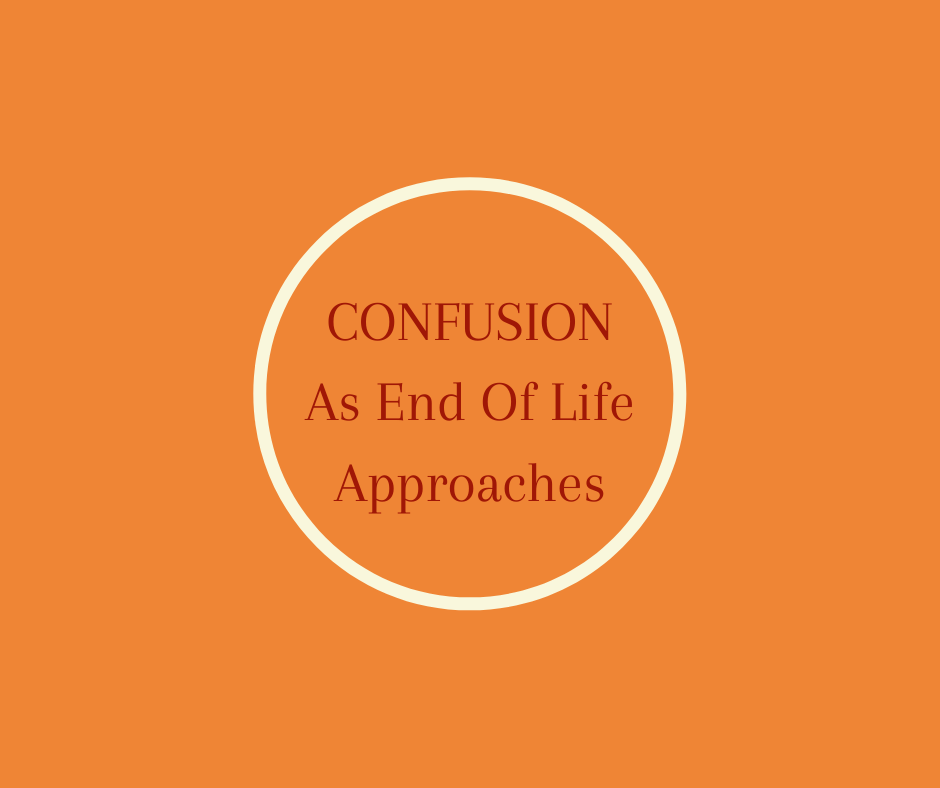Dear Barbara, Where do you mention one's faith in your materials? Please discuss.
The definition of the word faith from the Free Merriam-Webster dictionary is:
(1) fidelity to one's promises (2) : sincerity of intentions. 2 a (1) : belief and trust in and loyalty to God (2) : belief in the traditional doctrines of a religion. b (1) : firm belief in something for which there is no proof (2) : complete trust.
Approaching the end of our life generally promotes questions and searching about purpose, meaning and the direction our life has taken. Any of the above definitions for faith apply to our end of life search. These thoughts may not be shared with anyone but I believe we ask ourselves questions like: What have I done? Who have I touched? What has this life been about? What is my belief about an after life? And, if a belief in God has been a part of our life, have I lived up to the expectations I believe are a part of a relationship with God?
Because our relationship with God, or absence of a relationship with God, is very personal it is not up to outsiders to try to influence that relationship unless asked. The operative words here are “unless asked”. Facing the end of life is not the time for conversions or saving, again, unless asked.
Because on many levels we are asking meaningful questions about the course our life has taken, major spiritual work is being done. It is work that is done by only one, the person approaching death. As the dying process progresses withdrawal from this world reaches a place of introspection. It appears people are merely sleeping when really they are doing perhaps the most important work of their lives---figuring out what their life has been about. Again, that searching, that processing, can only be done by one.
I don’t mention spiritual beliefs in my materials because I feel approaching the end of our life is a personal search and not a place for others to share their beliefs unless, of course, we are asked.
With people of the same religion, same beliefs, such as with members of a church, synagogue, mosque, shrine, temple, etc. I think in the months before death spiritual conversations are helpful, again, if they are initiated by the person facing death. Some people welcome conversations, others prefer to find answers from within.
We must always respect a person’s choices. Remember, we approach this final challenge in our life in the same manner we have approached all of our challenges. If a belief in God and/or a specific religion was not a part of living our life our beliefs will probably not change now. I will add that sometimes we will return to the religion and belief we had when we were younger but this doesn’t seem to happen enough to really count on it.
There are many paths to self discovery, religions are one path. My goal in presenting my materials is to walk a broader path presenting spiritually but not under the name of a specific ideology in the hopes that each of us, regardless of our beliefs, may experience compassionate end of life care.
Something More... about Approaching the Question of Faith or It's Absence in End of Life Care
During the reflection process that most do at end of life, calling upon the hospice chaplain is wise. They are able to support the religious and the non believers alike.
Gone From My Sight: The Dying Experience is the tool hospices use to educate patients and families on what to expect during the dying process. Dying isn't like it is in the movies and Gone From My Sight explains signs of approaching death so that patients and families can have the most sacred experience possible.







1 comment
Dave Anfenson
What a wonderful response. I am a hospice chaplain and the metaphor which was used in my training was that of a dance. The patient is the one leading the dance and I am along for the journey. As a chaplain, I use the beliefs of the patient to bring comfort and healing into their dying process, not the beliefs which bring me comfort. Thank you for sharing your thoughts on this.
———
BK Books replied:
Dave, I appreciate your wise words. Thank you for sharing. Blessings to you in the work you are doing. Barbara
What a wonderful response. I am a hospice chaplain and the metaphor which was used in my training was that of a dance. The patient is the one leading the dance and I am along for the journey. As a chaplain, I use the beliefs of the patient to bring comfort and healing into their dying process, not the beliefs which bring me comfort. Thank you for sharing your thoughts on this.
———
BK Books replied:
Dave, I appreciate your wise words. Thank you for sharing. Blessings to you in the work you are doing. Barbara